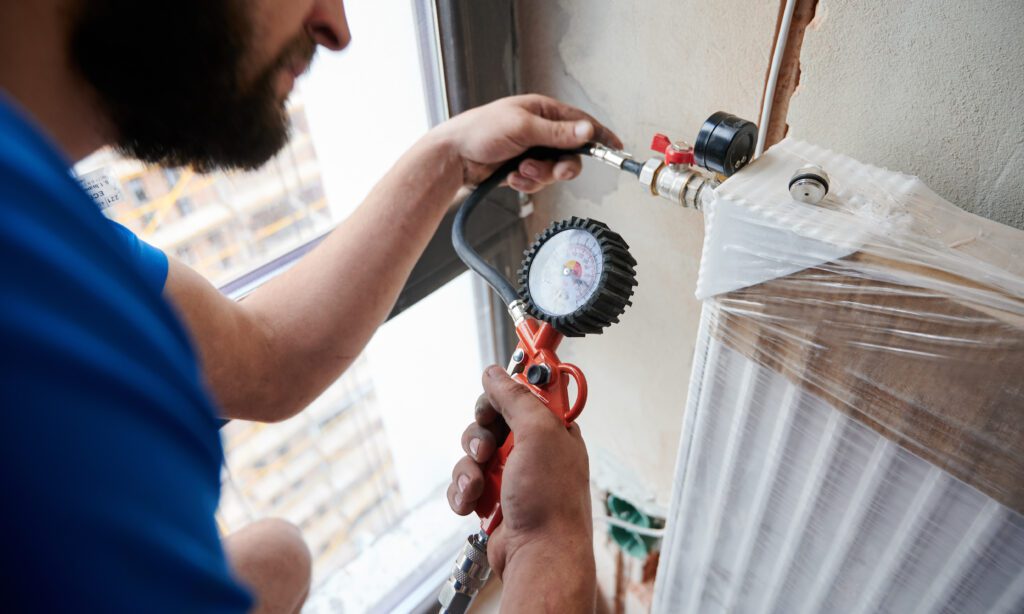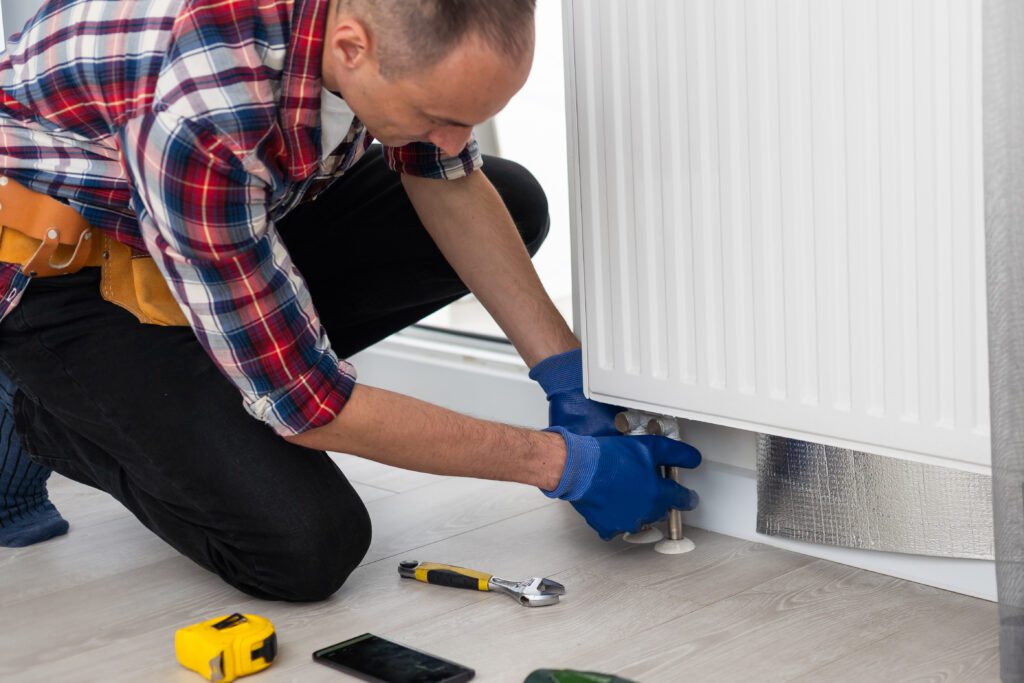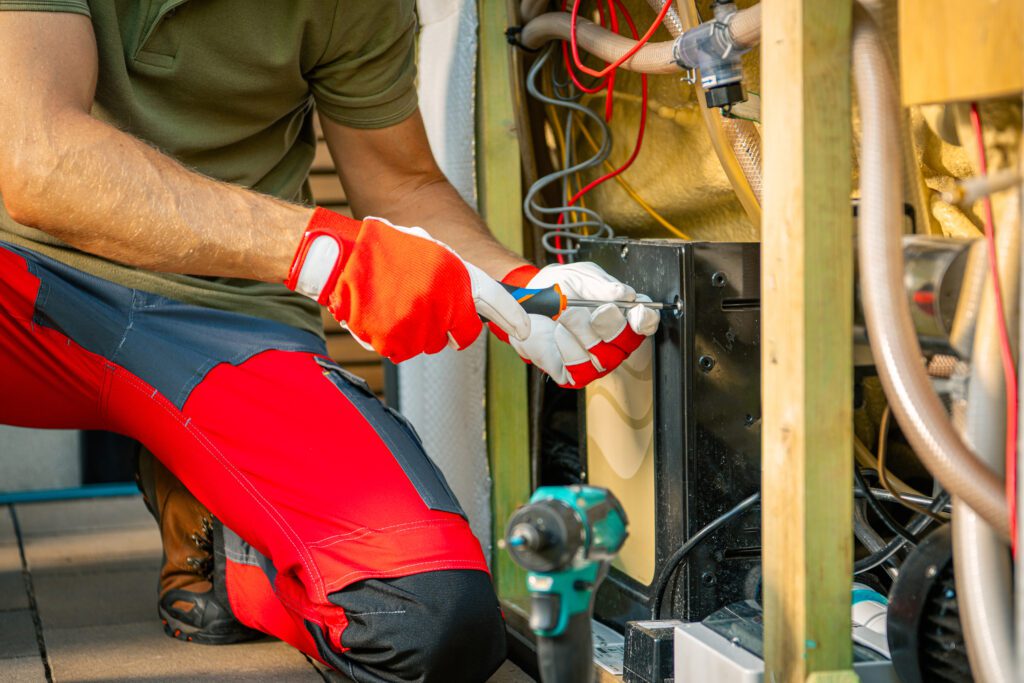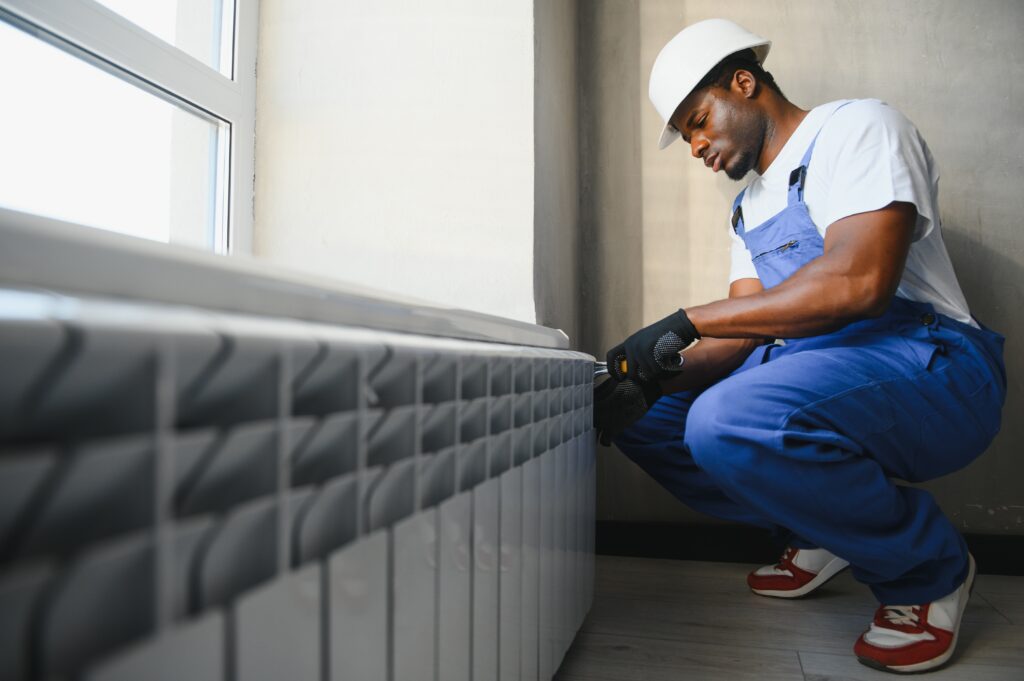As the colder months approach, ensuring that your heating system is functioning effectively is critical for your comfort and safety. Regular maintenance not only prolongs the life of your system but also improves efficiency. Here, we explore the key signs that indicate it’s time for a tune-up, along with helpful tips for maintaining your heating system.
Understanding Your Heating System
Your heating system is an essential component of your home, providing warmth and comfort during the winter months. Understanding how it works can help you appreciate the importance of regular maintenance and recognize when something is amiss.
The Importance of Regular Heating System Maintenance
Just like any mechanical system, your heating system requires regular upkeep to operate at its best. A well-maintained system not only runs more efficiently but also reduces the likelihood of unexpected breakdowns. A tune-up can allow you to catch minor issues before they escalate into costly repairs.
Additionally, heating system maintenance can improve indoor air quality, ensuring a healthier environment for you and your family. Filters and ducts must be kept clean to prevent dust and pollutants from circulating in your home. This is particularly important for individuals with allergies or respiratory issues, as a clean heating system can significantly reduce the presence of allergens and irritants in the air.
Moreover, regular maintenance can also lead to energy savings. A system that operates efficiently uses less energy, which can translate to lower utility bills. Over time, these savings can add up, making the investment in maintenance not just beneficial for comfort, but also for your wallet.
Basic Components of a Heating System
Heating systems can vary in design and effectiveness, but most have several core components, including the thermostat, burners, heat exchanger, and ductwork. Understanding these parts can help you identify issues and communicate effectively with service professionals.
Thermostats regulate the temperature in your home, while burners ignite fuel to create heat. The heat exchanger then distributes this heat through the ducts into different parts of your home. Regular checks of each component during maintenance can enhance the system’s overall efficiency. Additionally, some systems may include advanced features such as programmable thermostats, which allow you to set specific heating schedules that align with your lifestyle, further optimizing energy use.
It’s also worth noting that the type of heating system you have—whether it’s a furnace, boiler, or heat pump—can influence the maintenance requirements. For example, while furnaces typically require filter changes and inspections of burners, boilers may need periodic flushing to remove sediment buildup. Understanding these nuances can empower you to take proactive steps in maintaining your heating system, ensuring it operates smoothly throughout the cold months.
Recognizing the Key Signs of a Need for Tune-Up

Being aware of the signs that indicate your heating system requires a tune-up is crucial for maintaining its performance. If you notice any of the following issues, it may be time to call a professional.
Unusual Noises from Your Heating System
If your heating system starts making strange noises, it’s a clear sign that something may be wrong. Sounds like banging, whistling, or clanking can indicate malfunctions ranging from loose components to blocked air ducts.
Pay attention to when these noises occur. If they happen during the startup or shutdown phases, it could signify an issue with the ignition or burner systems. Addressing these noises promptly can prevent more significant damage down the line. Additionally, it’s wise to keep a log of these sounds, noting their frequency and any patterns, as this information can be invaluable to technicians diagnosing the issue.
Inconsistent Temperatures Throughout Your Home
Feeling cold drafts in one room while another remains toasty warm is another signal that your heating system is due for a tune-up. This inconsistency can be caused by problems with your ductwork, insulation issues, or even complications within the heating unit itself.
In cases where certain rooms are not heating adequately, residents should check the vents and radiators for blockages or obstructions. However, if those areas appear clear but the problem persists, it may signal deeper issues requiring professional evaluation. It’s also beneficial to assess your home’s insulation and sealing around windows and doors, as these can significantly impact overall heating efficiency and comfort levels.
Spike in Energy Bills
A sudden spike in utility bills can be an alarming sign that your heating system isn’t operating efficiently. If you’ve noticed a significant increase in energy costs without a corresponding change in usage, it could indicate that your system is working harder to maintain the desired temperature.
Common causes include dirty filters, malfunctioning thermostats, or even outdated heating systems. Regular maintenance can help identify and rectify these issues, which can ultimately lead to substantial savings over time. Moreover, consider investing in a smart thermostat that can help optimize your heating schedule and reduce energy consumption, providing both comfort and cost savings.
Another factor to consider is the age of your heating system. Older units may require more frequent repairs and maintenance, and as they age, their efficiency tends to decline. If your system is nearing the end of its expected lifespan, it might be worth evaluating whether a replacement could save you money in the long run, not just in energy bills but also in repair costs.
Tips for Heating System Maintenance

To keep your heating system running optimally, consider implementing the following maintenance tips. Regular attention to these areas can prolong the life of your unit.
Scheduling Regular Inspections
Establishing a routine for scheduling heating system inspections is paramount. Ideally, homeowners should have their systems checked annually. This allows professionals to identify potential problems early and recommend necessary repairs.
Many HVAC companies offer service contracts that include regular inspections and tune-ups, providing peace of mind and ensuring your system operates efficiently throughout the cold months. During these inspections, technicians can also clean critical components, such as the blower and heat exchanger, which can enhance performance and reduce the risk of breakdowns. Furthermore, they can check for gas leaks and ensure that safety mechanisms are functioning correctly, which is essential for the safety of your household.
Changing Filters Regularly
Air filters play a crucial role in maintaining your heating system’s efficiency. Clogged filters can restrict airflow, leading to increased energy consumption and system strain. It’s recommended to check and replace filters every 1-3 months, especially during peak usage seasons.
Utilizing high-quality filters suited for your specific heating system can capture allergens and improve indoor air quality, significantly benefitting your home environment. Some filters are designed to trap smaller particles, such as pollen and pet dander, which can be particularly beneficial for allergy sufferers. Additionally, investing in a smart thermostat can help monitor filter status and remind you when it’s time for a change, ensuring your system runs smoothly and efficiently.
Keeping the Area Around Your System Clean
Maintaining a clean environment around your heating unit can prevent airflow blockages and ensure efficient operation. Remove any furniture, debris, or other obstructions in the vicinity of heating vents and registers.
Additionally, keep an eye on the outdoor unit if applicable. Clearing away leaves, snow, and dirt can help your system perform at its best and prevent mechanical failures. It’s also wise to trim back any shrubs or plants that may encroach on the unit, as this can impede airflow and lead to overheating. Regularly checking for signs of wear or damage in the ductwork can also be beneficial, as leaks can significantly reduce efficiency and increase heating costs. By maintaining a clean and accessible area around your heating system, you not only enhance its performance but also ensure a safer environment for your home.
The Process of a Heating System Tune-Up

Understanding what to expect during a heating system tune-up can prepare you for the process and help you know the value of the service.
What to Expect During a Tune-Up
A typical tune-up involves a comprehensive inspection of your heating system’s components. Technicians will check the thermostat settings, examine the burner assembly, inspect the heat exchanger, and ensure all electrical connections are secure.
Cleaning the system and testing it for proper operation is also integral to the process. Technicians may recommend small repairs or replacements as needed to improve system efficiency and reliability. Additionally, they will check the air filters, as clogged filters can significantly impact airflow, leading to decreased efficiency and increased energy costs. A clean filter not only helps your system run smoothly but also contributes to better indoor air quality, which is essential for a healthy living environment.
How Long a Tune-Up Takes
Most heating system tune-ups can be completed within 1 to 2 hours, depending on the system’s size and the work required. However, more extensive issues might extend this timeline. During this time, technicians may also perform a combustion analysis to ensure that your system is burning fuel efficiently, which can help in identifying any potential safety hazards, such as carbon monoxide leaks. This thorough approach ensures that your heating system operates not only effectively but also safely.
During peak seasons, it’s prudent to schedule tune-ups in advance as HVAC companies can become busy. Ensuring regular maintenance with minimal disruptions is key to a successful winter heating season. Many companies offer maintenance plans that include seasonal tune-ups, which can be a convenient way to ensure your system is always in top condition without having to remember to schedule each visit individually.
Potential Costs of a Heating System Tune-Up
The cost of a heating system tune-up can vary based on several factors, including the type of heating system, the complexity of the inspection, and your geographic location. On average, homeowners can expect to spend between $75 to $200 for a professional tune-up. Some companies may also offer discounts for first-time customers or bundled services, making it more affordable to keep your system well-maintained.
Investing in a tune-up is often a fraction of what you might pay if your heating system fails due to a lack of maintenance. Regular check-ups can save you money in the long run by maintaining efficiency and preventing costly repairs. Moreover, a well-maintained heating system can extend its lifespan, allowing you to avoid the significant expense of a premature replacement. Understanding the long-term benefits of these maintenance services can help homeowners appreciate the importance of regular tune-ups.
In summary, recognizing when your heating system needs a tune-up is crucial for maintaining comfort in your home during winter. By understanding your heating system, recognizing signs of trouble, following maintenance tips, and knowing what to expect during a tune-up, you can ensure your system remains efficient and reliable for years to come.



